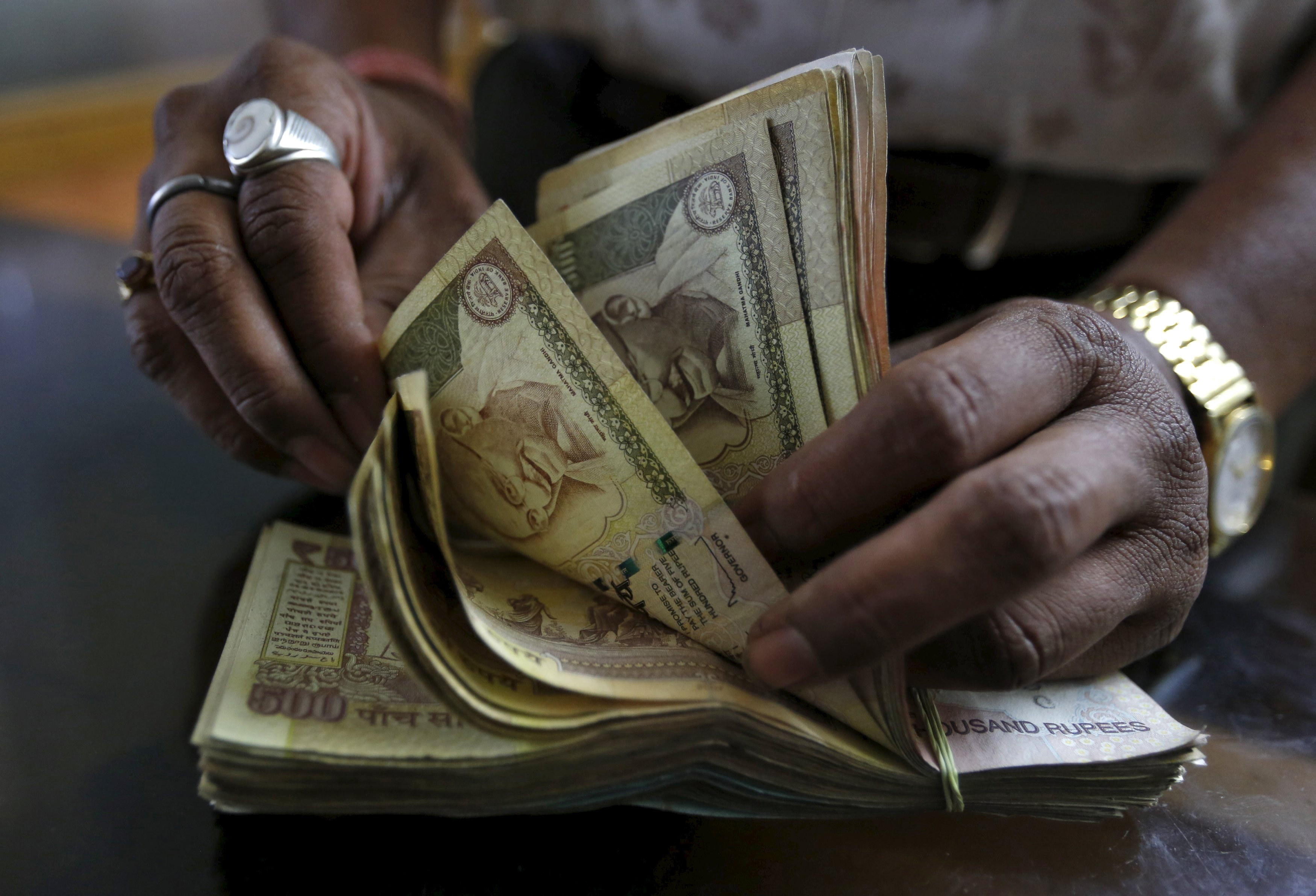
The rare move of demonetisation has affected the lives of approximately 125 crores of Indians in some or the other way.
Going by the news reported by various news channels, citizens from different walks of life such as home makers, employers, professionals, business people and senior citizens have invested their time in standing in the long queues in front of the banks. General public faced challenges in meeting their petty daily demands in buying fruits, vegetables, flowers and paying for auto-rickshaw fares.
Despite being adamant and reluctant to learn, a few individuals and businesses changed their way of transactions. Undoubtedly, despite all the challenges, general public faced all the odds and the enormous burden of demonetisation with patience and welcomed the government’s move to unearth the black money. While the purpose behind the move has been quite clear right from the outset, most of us are baffled by a few questions surrounding its impact. Now that the window for exchanging the old currency notes has closed, in the coming days, I look forward to a comprehensive report card from the government covering three main aspects.
First, regarding being corrupt and hoarding black money, it is interesting to hear from the government if the entire process of demonetisation has enabled it to differentiate an honest citizen from a dishonest one.
In my view, such a differentiation is necessary as I believe an honest citizen who puts integrity and honesty above money would have constructively contributed to the growth and progress of the economy. It is true that every citizen of a nation is expected, to be honest, and the honesty and circumstances created out of being honest itself serve as a big reward. Nevertheless, this is not the case always! Being honest would have put a person in many difficult and challenging situations. Hence their honesty and hardships must be acknowledged. Following the anecdotal evidence of rewarding the honest in other Asian countries, when the honest is rewarded through the proper legal structure, then perhaps, the peer effect of being honest might encourage more, to be honest!
Second, going by the news so far, the number of tax raids that were conducted across the nation, the number of corrupt being caught and the amount of black money that was unearthed has taken the Indian economy by shock. Undoubtedly, the above have given a big relief to the government, which has been facing many questions since the demonetisation move was announced.
Beyond any reasonable doubt, by hoarding large sums of money, it is possible that the corrupt would have destroyed the jobs, held back the investments and growth prospects of the economy and have trapped the poor in the most desperate poverty. Had the money been declared, Indian economy would probably have seen better growth and development across various sectors than what we see today.
Given this, it is interesting to know if the government is prepared and committed enough to punish the corrupt. For, if the law is not upheld and the corrupt are not punished, those who have suffered do not see justice. Additionally, since the endemic issue of corruption cannot be dealt in isolation, is the government likely to come up with a comprehensive, coherent and sustained agenda to clear out the causes of corruption as well!
Third, the success of a policy is judged not by its intent but by its results. Hence, against the backdrop of questions raised by various national and international investors, critiques, economists, analysts and rating agencies on the merits of demonetisation and as well as to allay the concerns of the civilians, it would be very useful if the government gives an account of the impact of the entire exercise of demonetisation.
Let us anticipate that the government comes up with a comprehensive report card that covers the following few amongst many other issues: the total impounded money that was returned and the quantity of illicit money that was detected; estimates of the amount of the black money that was unearthed; estimates on the impact of demonetisation on the demand and supply of various sectors of the economy; growth projections for the next few quarters; statistics on how the gains of demonetisation outweigh the costs; the estimated time for the revival of the economy.
As the window for exchanging old notes has ended, data on important indicators of the economic growth and development will be crucial to understand if different sectors of the economy would see a quick rebound. - Exclusive to Times of Oman
Dr S Yerrabati, Faculty of Business, Sohar University